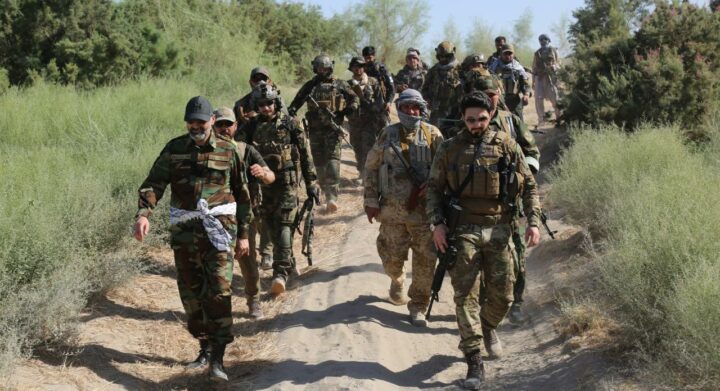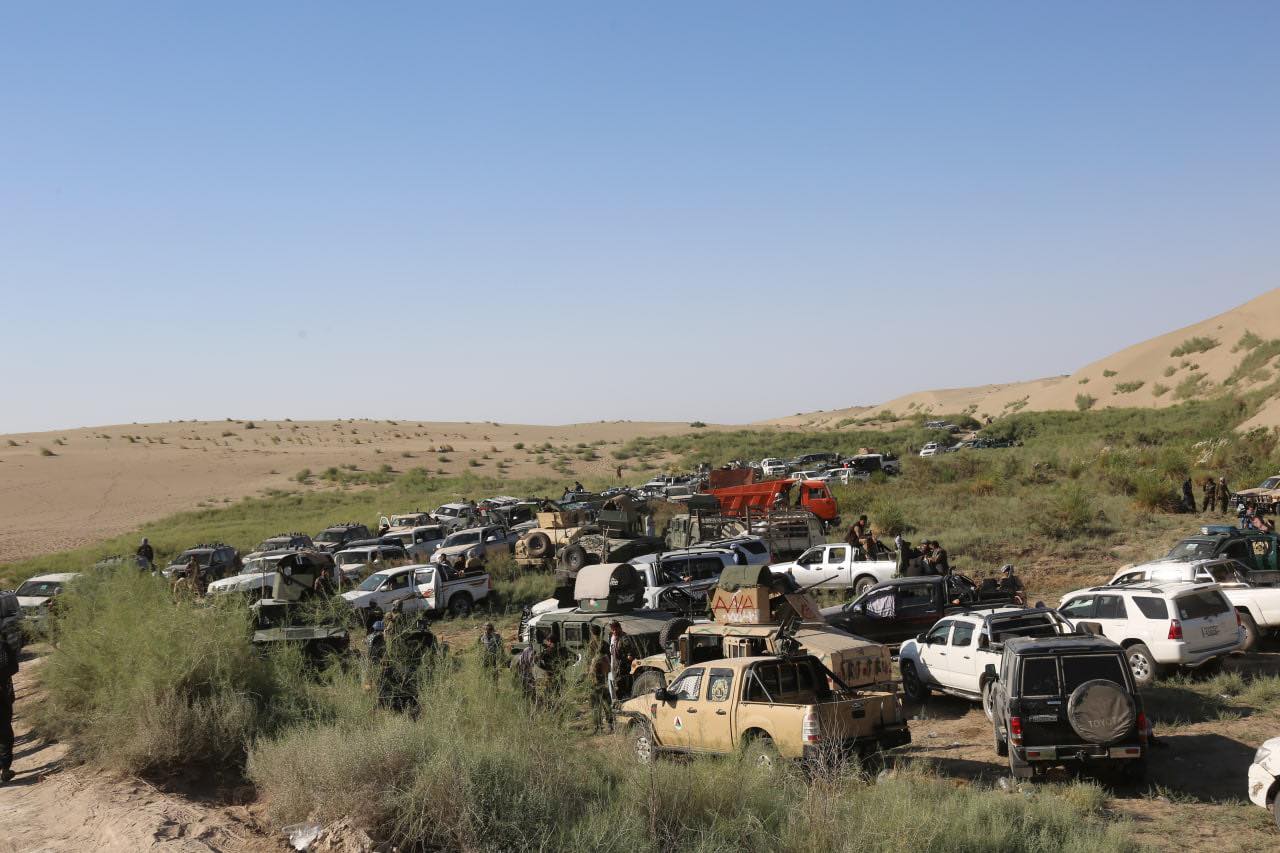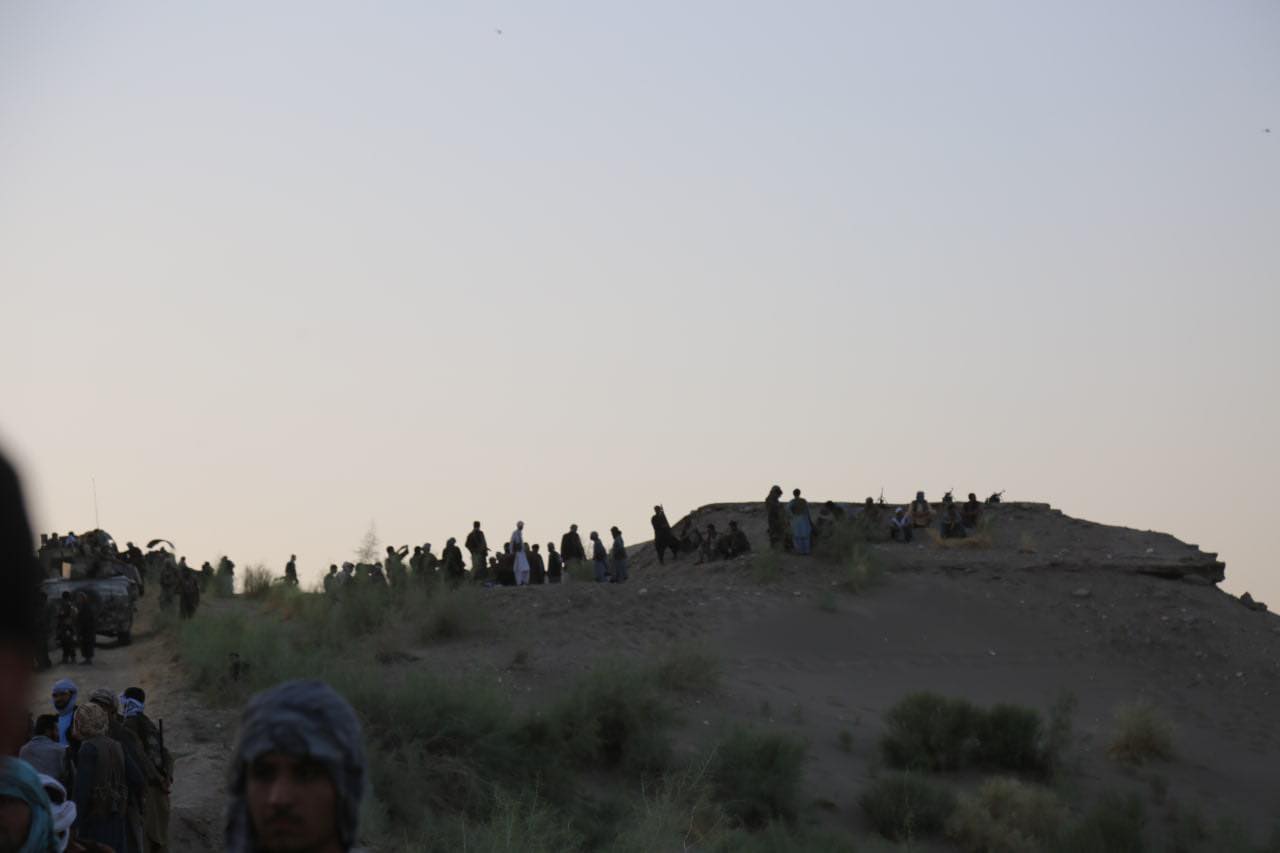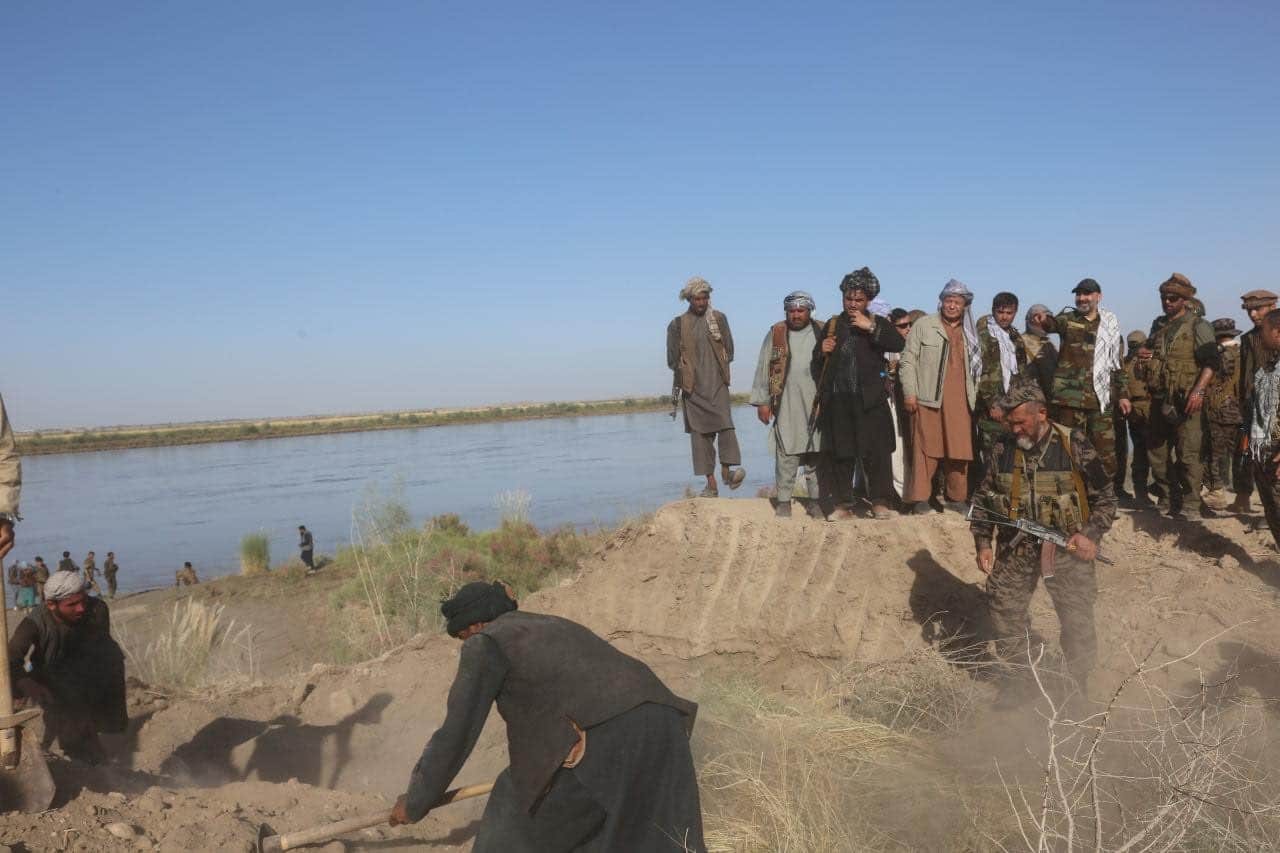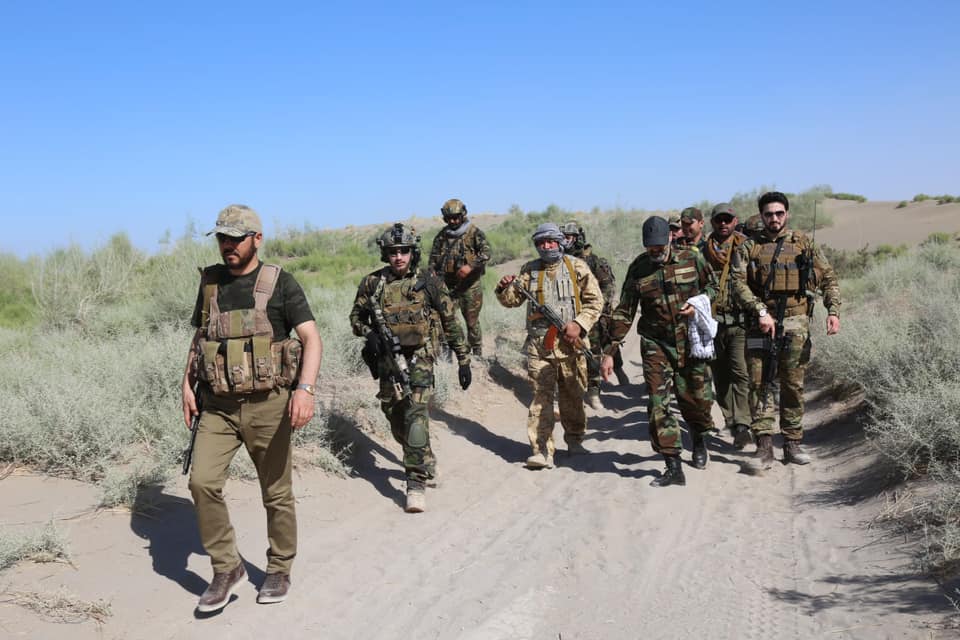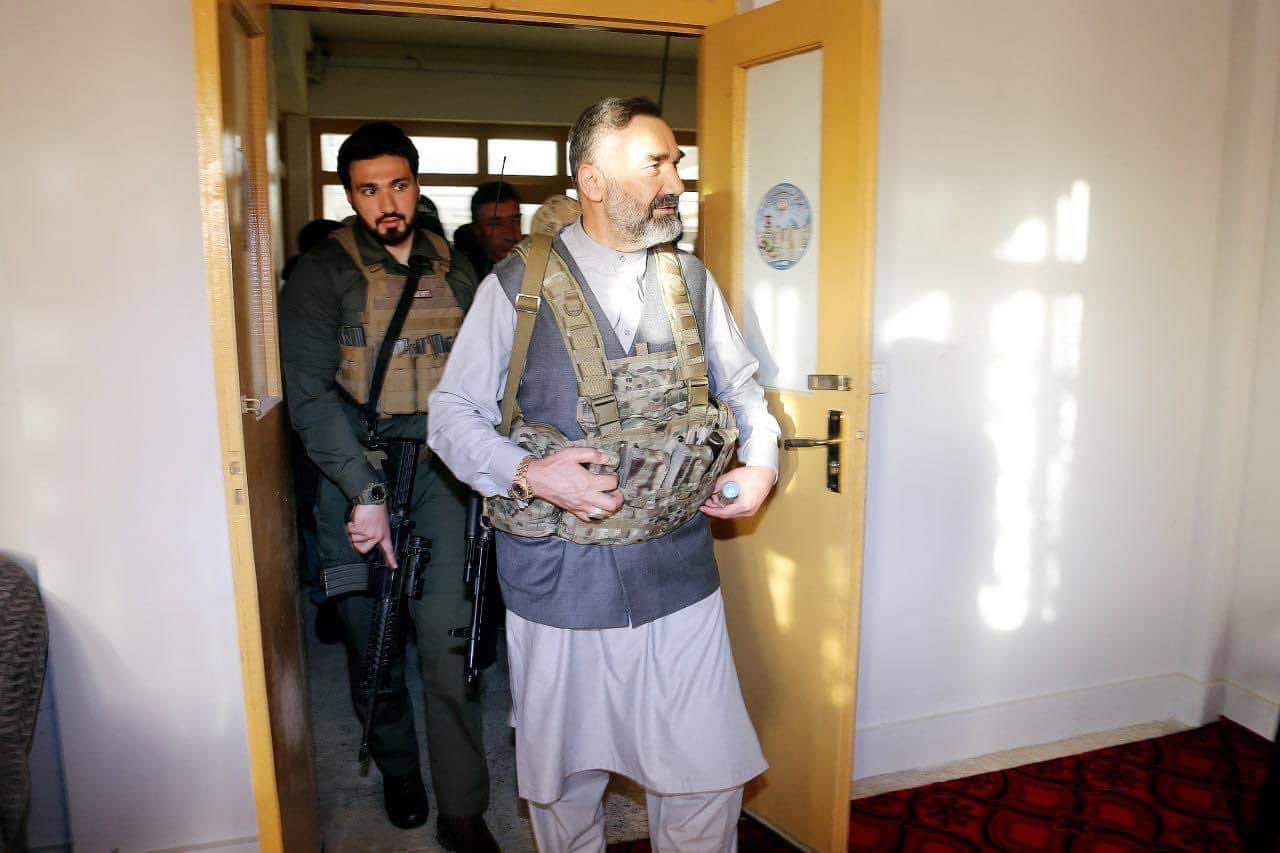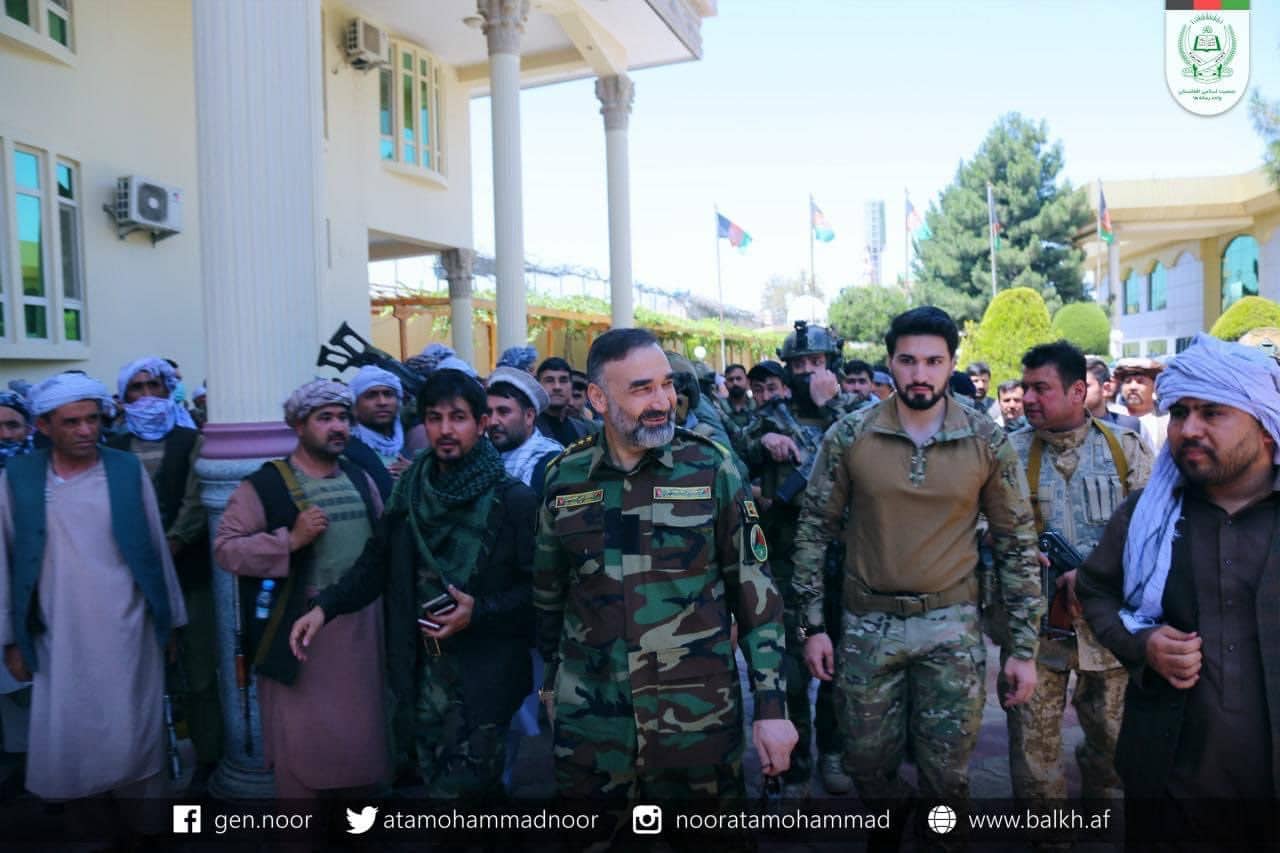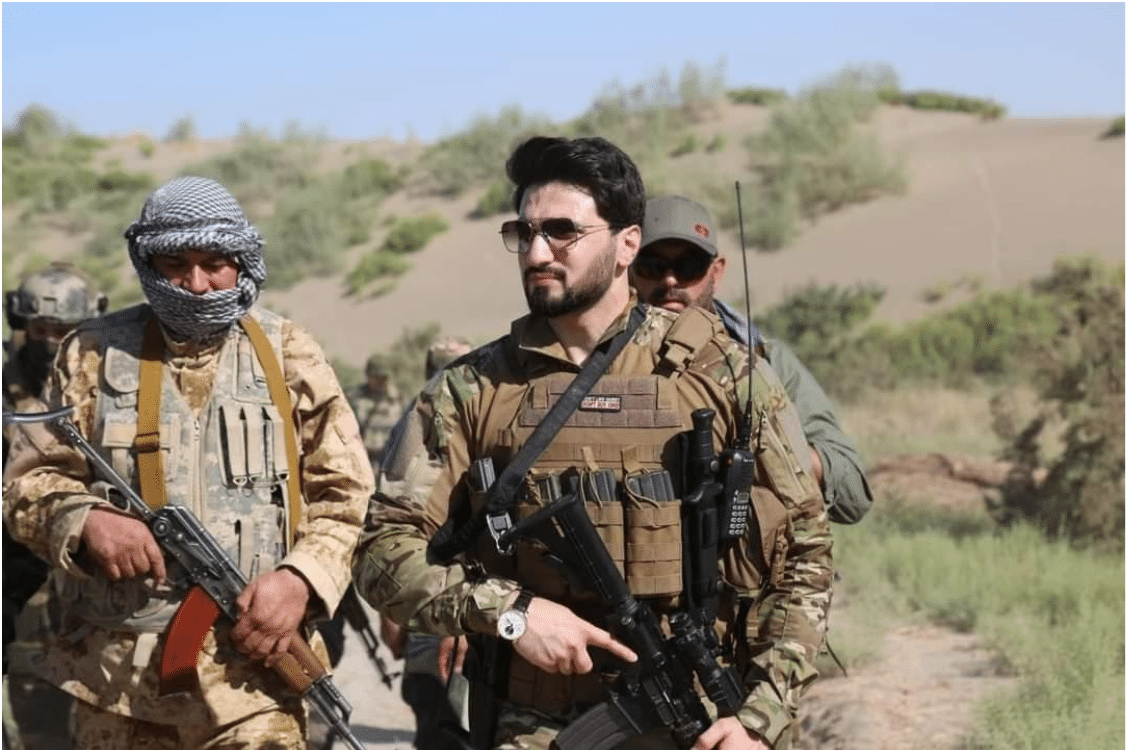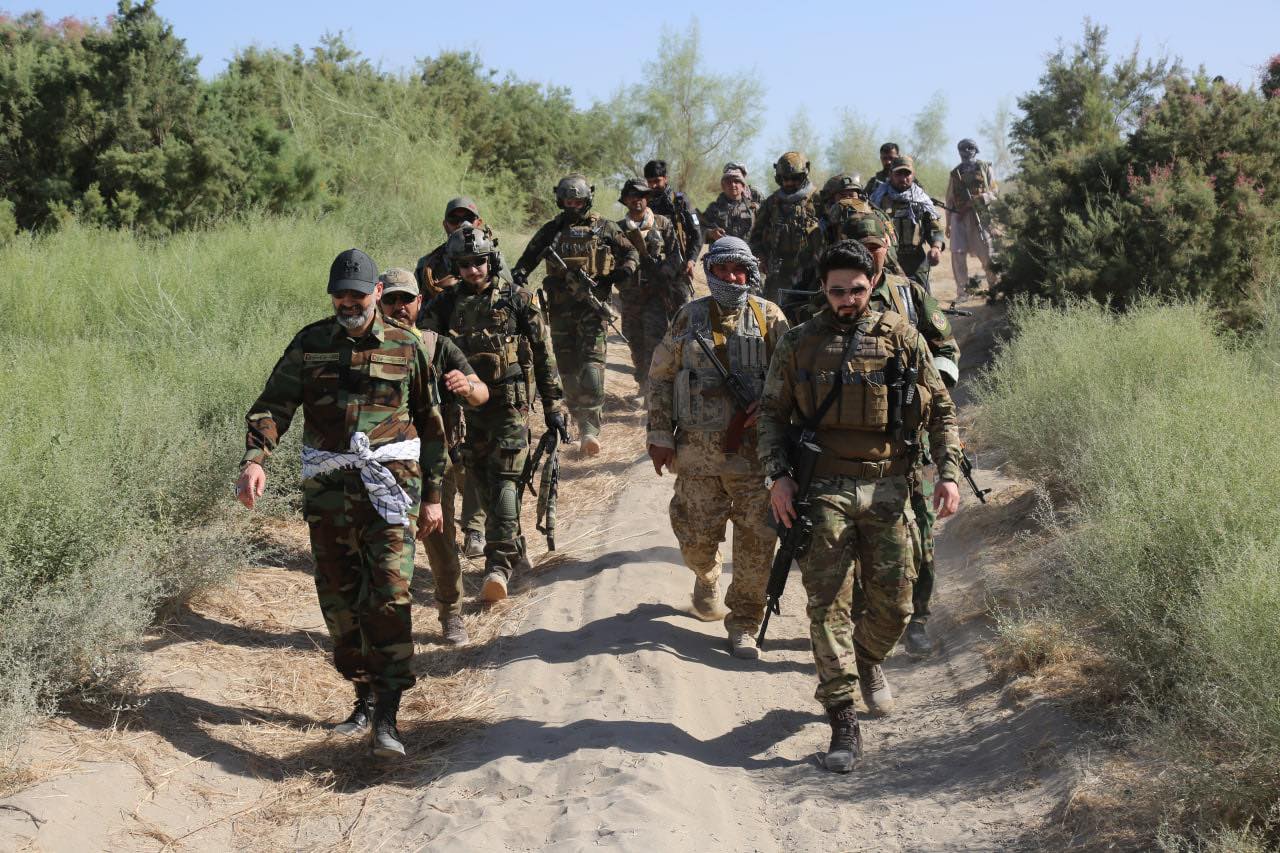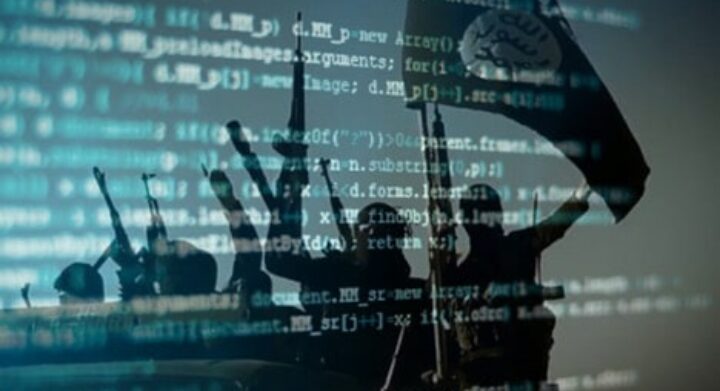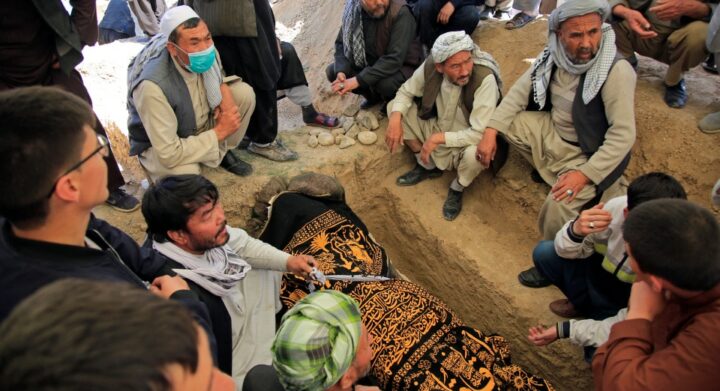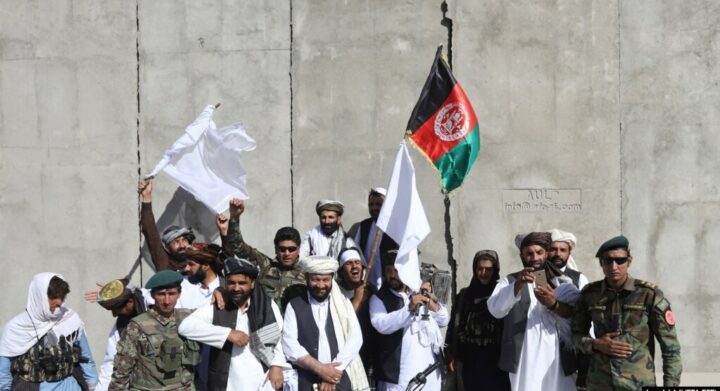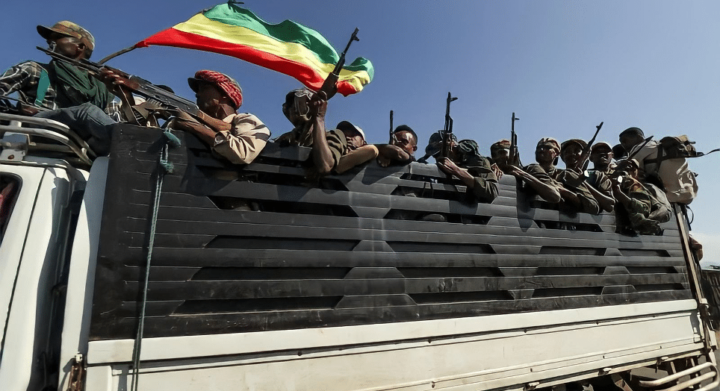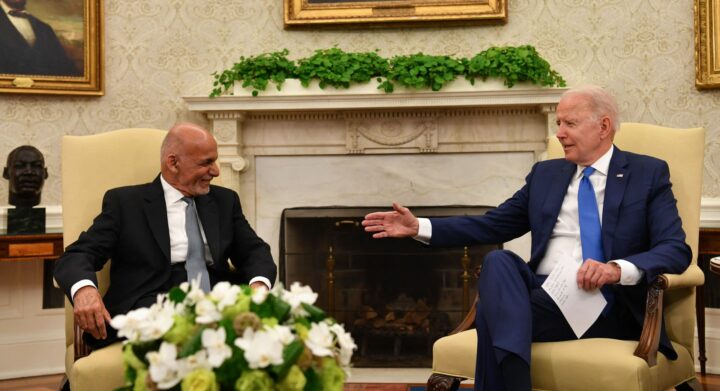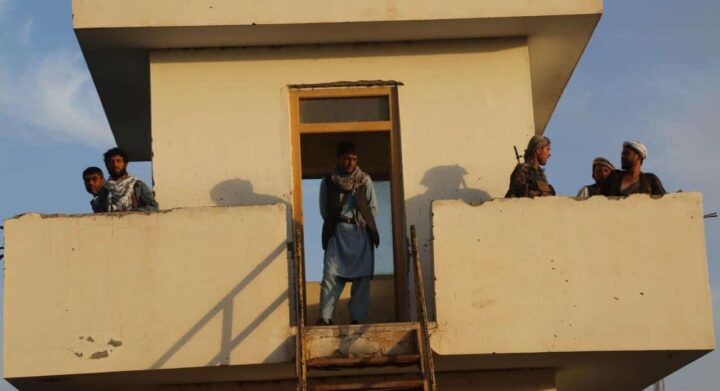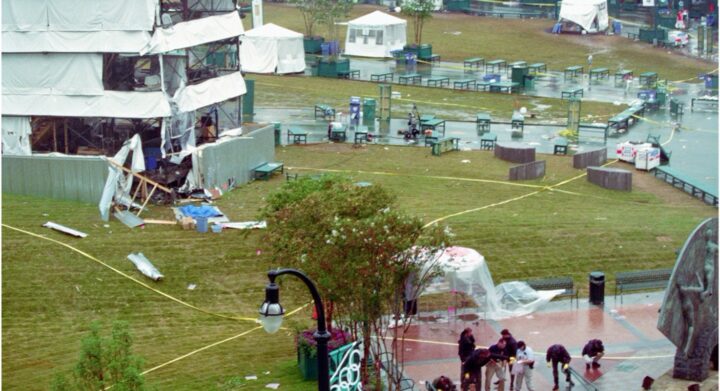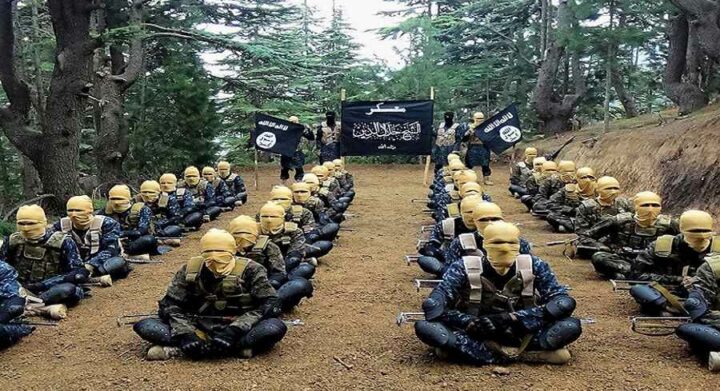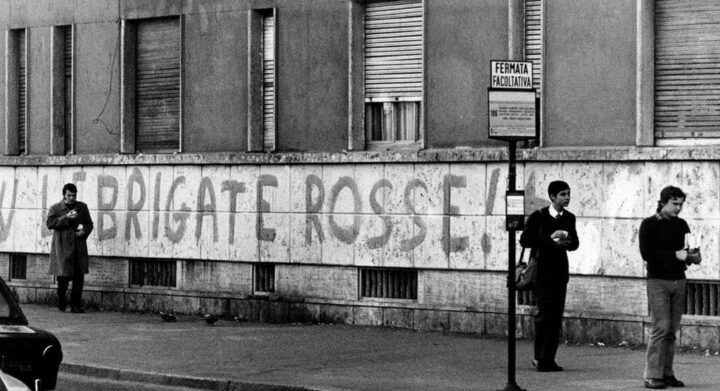A Rise to Peace Exclusive interview with Khalid Noor, member of the Afghan negotiating team.
Afghan negotiator, Khalid Noor, has been fighting the Taliban alongside his father in northern Afghanistan, with the aim to reverse Taliban advances in Balkh Province. Noor’s diplomatic shift to the military is in response to the Taliban’s military attacks across Afghanistan gaining new territories while pushing back the Afghan security forces.
Driven by a sense of patriotism and a desire to see his country at peace, Khalid Noor believes resisting the Taliban is his duty, stating:
“(We have been trying to negotiate with them, but they would drag their feet). We have no other choice but to continue the fight, given that the Afghan government does not have the capabilities and human resources to fight everywhere.” Noor added: “We are still hopeful that negotiations and a political settlement are in the best interest of Afghanistan and that’s if the Taliban are willing to negotiate or fight. Our stand is clear, that negations are the path to peace and prefer talks over fighting.”
At just 25 years old, Khalid Noor was the youngest negotiator for the Afghan government in the Doha peace talks with the Taliban. The son of a legendary mujahideen commander, Ata Muhammad Noor, and a graduate of the Royal Military Academy Sandhurst and George Mason University, he is capable of bridging the gap between Afghanistan’s traditional politics and its rising younger generation.
As negotiations stalled, the Afghan government with its fragmented leadership has failed to turn back Taliban offensives. Instead, instigating heavy casualties for Afghan forces and territory loss. The situation turned brutal for Afghans when President Biden announced troops withdrawal by September of this year. This ultimately furnished a psychological moral to the Taliban militants, leveraging their cause – the “defeat” of the “world’s super-power.” Whilst Afghan security forces were pushed back by the Taliban, a national mobilization or uprising forces started across Afghanistan. This gave hope, that the Taliban cannot succeed militarily.
Within days and weeks, thousands of Afghans like Khalid Noor, used their ancestors’ guns to defend their communities and loved ones from the Taliban. Among them, women and teenagers as young as 15, have been seen with Ak-47 and machine guns. Instead of returning to Doha, Noor and his two younger brothers, Tariq Noor and Suhaib Noor, opted to defend their home province.
Along with his father, Noor mobilized a militia that intends to retake districts captured by the Taliban. On June 27, we interviewed Khalid Noor regarding his activities on the ground.
Video: by https://www.facebook.com/dw.dari/
Noor stated that thousands of his uprising forces, comprised of the grassroots, are fighting to retake Kaldar, a small district near Afghanistan’s border with Uzbekistan. On June 27, Uzbekistan’s state news agency reported that a Taliban attack on a government checkpoint in Kaldar, forced 17 Afghan soldiers to retreat. This left the district in Taliban control. Only days later, with Noor’s forces on the front lines, the district governor’s office and police station were retaken by government forces.
Noor reports that the Taliban has engaged in little face-to-face combat. Instead, they have primarily focused on guerrilla tactics. This has included improvised explosive devices (IEDs), as well as artillery strikes targeting local infrastructure.
“The next target will be Balkh district, which is near the city of Mazar-e-Sharif,” said Noor. Balkh, the capital of Mazar-e-Sharif, has been seized by the Taliban recently. However, Noor’s operation days later was a huge success.
The Taliban do not have strong grassroots support in northern Afghanistan, unlike other parts of the country. However, in the last decade, their support has grown. This is primarily due to the government’s inability to secure the region. During their regime in the 1990s, the Taliban left a dark chapter with bitter memories. This was due to their destructions and killings of thousands of people when they overran Mazar-e-Sharif. The majority of Noor’s forces are volunteers who are willing to fight and prevent another catastrophe.
While demanding, these district-by-district advances are slow and dangerous, but the only way for the uprising militias to retake Taliban-held territory with their limited resources.
In response to Taliban aggression, forces like Noor’s are rising across Afghanistan. President Ashraf Ghani has called on them to form a “united front” to support the Afghan security forces, but their efforts currently appear uncoordinated and localized. Ata Muhammad Noor recently presided over a meeting of the political parties in northern Afghanistan and was subsequently selected as head of the military council for National Mobilization.
Noor’s forces have been on the front lines against the Taliban for weeks now and yet have over 22 casualties; six killed and 16 wounded. “The first three of our soldiers martyred by IED and the rest including four of my own personnel guards died in face-to-face combat,” said Noor.
But Noor understands the potentially harmful implications of an uncoordinated militia-led resistance. His father, during the 1990s, was party to the intra-mujahideen civil war that left Afghanistan in ruins and without a government after the Soviet withdrawal.
“It is very dangerous if we [Afghans] go back to the ‘90s. That’s why my father has been pushing the government to work together to control the public uprising forces to avoid any future crisis. (My father believes in consensus. He sees a united front and voice the only way forward; a front that will decide unitedly at this difficult moment),” said Khalid Noor.
It will be up to young Afghan leaders like Noor to ensure that Afghanistan progresses into the future without forgetting the important lessons of its past.
Ahmad Mohibi, Founder of Rise to Peace

